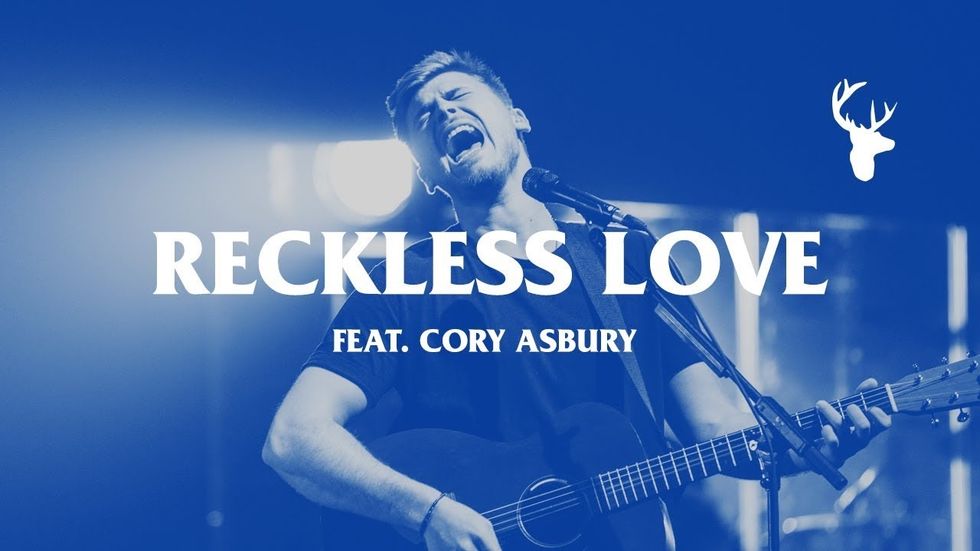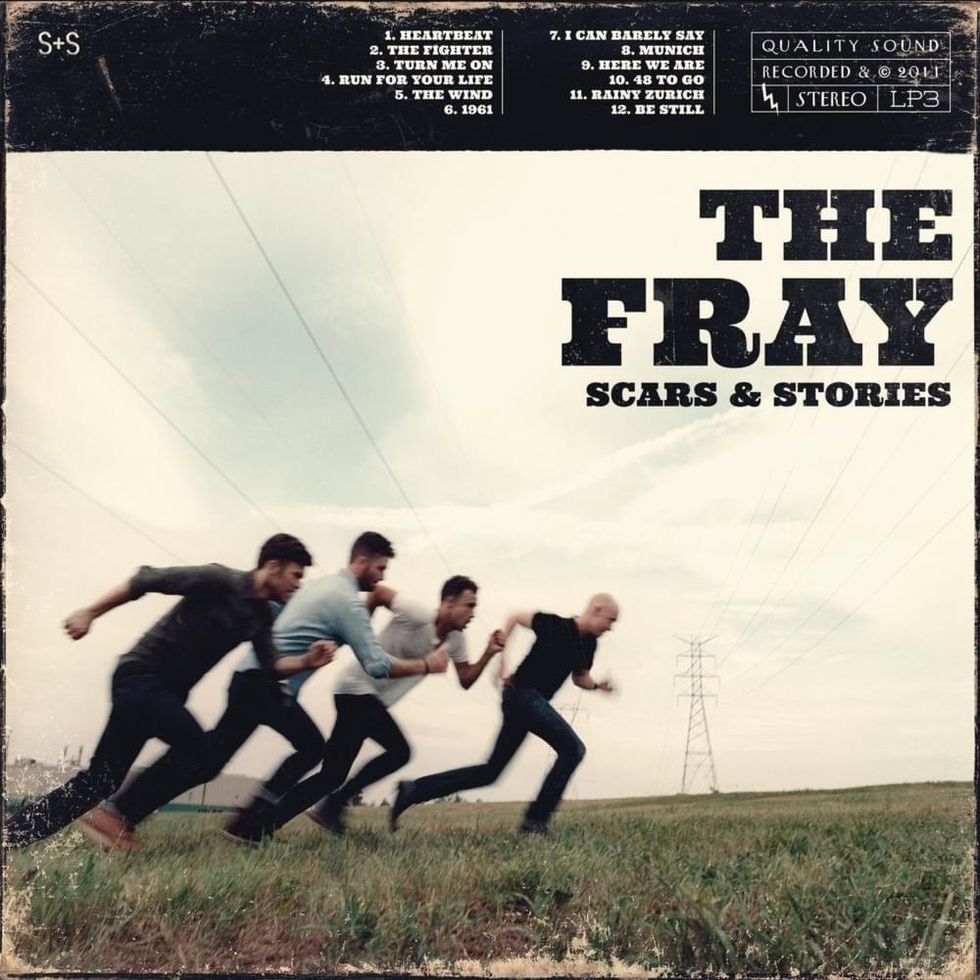Expanding Your Age Horizon When It Comes To Friendships
Why only get to know people your age if you can learn so much from those who aren't?
A friend of mine the other day brought up in conversation how most people only hang out with their own age group. He talked about how they are missing out on other people's perspectives, and I realized how true that is.
I've always been one to sort of see past age when it comes to building friendships with people. Obviously age affects how you might relate to someone, but it shouldn't stop you from actually getting to know them. People from different age groups have so much to offer. There is so much to gain by spending time with someone that has a different perspective.
Those that are older than you can tell you about things that have happened before you were even around. They have more accumulated life experience. Although not everyone older than you is wise, still many can advise you on avoiding the mistakes they witnessed or made in their own lives. If you listen to them, you can avoid learning lessons the hard way.
Those that are younger than you can let you in on the current status of their generation. Maybe introduce you to what has come out that you are unaware of. They can give you a fresh pair of eyes on anything you are trying to tackle.
Fostering friendships with people both older and younger than you can help you learn more about yourself and how to become a better person, too. More aged companions can help you stay levelheaded remind you of the bigger picture. Those that are younger can help ensure that you stay loose and fun loving. When we stay cooped up in our small circle of peers, everyone tends to take on a similar mentality. There isn't growth there, but with the slight tug and pull that results from interacting with those of different ages, we can be sure that we will change in a positive way.
I have truly benefited from forming relationships with coworkers, teachers, family friends, church goers, etc. that are all considerably older than I am. They have helped keep me calm and sane. They've poured into me and my life in many ways and I'm in debt to many. I couldn't imagine how I would have gotten by if I was just friends with my own peers. Your high school friends won't always (or just can't always) help you through hard times. Sometimes it has to be an adult. It can be very helpful to have adults on your side that are not your parents.
I have also benefited from forming relationships with younger classmates and church goers. They make me laugh and keep me upbeat. I also feel helpful when I am able to pay it forward by advising and pouring into them like I was poured into.
So I encourage everyone to befriend your teachers, coworkers, friend's parents, classmates, church goers… of all ages. Make an effort to learn from those older than you and brighten up their lives. Try to pour into those that are younger and guide them on their path. It is very rewarding. You will learn about yourself (strengths, weaknesses) and better yourself.



































6 Tips for Improving Your Listening Skills
Being a good listener only affects every aspect of your life!
Almost everywhere you go you will be listening to someone (consciously or unconsciously). How well you do it can affect your relationships, grades, career, and more. In short, listening is important! Here are 6 things to keep in mind if you are trying to improve at it.
1. Stay focused on the train of thought that the other person is on.
Many people have very short attention spans. I don't know if this is a new development or not, but it is very aggravating. If you are trying to be a good listener, but then immediately change the subject as soon as the other person stops talking, it is clear that you were not engaged. Even if the topic of discussion is not something you are interested in, at least follow it until it fades out. If it matters to the other person you should listen, not be thinking about how you're about to change the subject.
2. Make an effort to not look at your phone, the clock, the window next to you…
Even just looking at your phone to check the time screams, "I'm not paying attention, you aren't really worth my time right now, and I'm thinking about something else!" Your eyes function as a huge pointer towards whatever your attention is on. If it is not the person talking, or maybe the notes you are writing based on what they are saying, or something they are showing you… you aren't engaged.
3. Support what the other person is saying (assuming that you agree and want them to continue).
Nod your head when you understand or agree with what they said. Do not interrupt, but subtly interject. Say things like "mmhmm","yeah", or "right." It helps encourage the other person to feel comfortable and continue.
4. Display open, positive body language.
Body language has a big effect on listening skills. If you are trying to truly be receptive to what the other person is saying, make sure that your arms (and probably legs) are uncrossed. Keep your feet/stance facing toward them. Keep your eyes on them. Stay in a relaxed position (as in, no hard fists or tensed muscles). Make an effort to not yawn, rub your temples/eyes, or stretch.
If your body language is closed off (arms crossed, legs crossed, facing away) then consciously or not, you are going to be less open to really anything they have to say. The other person will also see your body language and take it into account. They'll either stop talking or wish they could stop talking. With the yawning, stretching, and rubbing of your temples or eyes, these are all indicators that you tired and bored over the situation at hand. The speaker may or may not take this personally, but I can promise they will feel ineffective in speaking to you while you are exhausted.
5. Ask questions and make little comments.
Ask questions while they are talking to clarify what you aren't sure of. This is so important. Specific questions show the speaker that the listener was surely paying attention. It also shows that you are dedicated to getting it right. Answering the question clears the air and makes the communication between the two of you stronger. Also make small comments! Just words like "wow" or "seriously??" can show you are engaged. Help complete the sentence when the word is on the tip of their tongue. Actions like that help the listener feel like they are understood.
6. Think WHILE they are speaking!
If they telling a story, envision what they are saying as if they are painting a picture. Follow their ideas and their thoughts, building your own on top of them in your head. This will keep you occupied/awake and actually able to add commentary once they are finished.
All in all, if you're going to listen to someone, do it right! You cannot divide attention well among different things, so just try to focus on the person in front of you and the words coming out of their mouth. If you can practice these listening skills, you can help foster good relationships by helping people feel encouraged and comfortable around you. You can also increase your job performance and work towards moving up faster. Keep working on those listening ears!